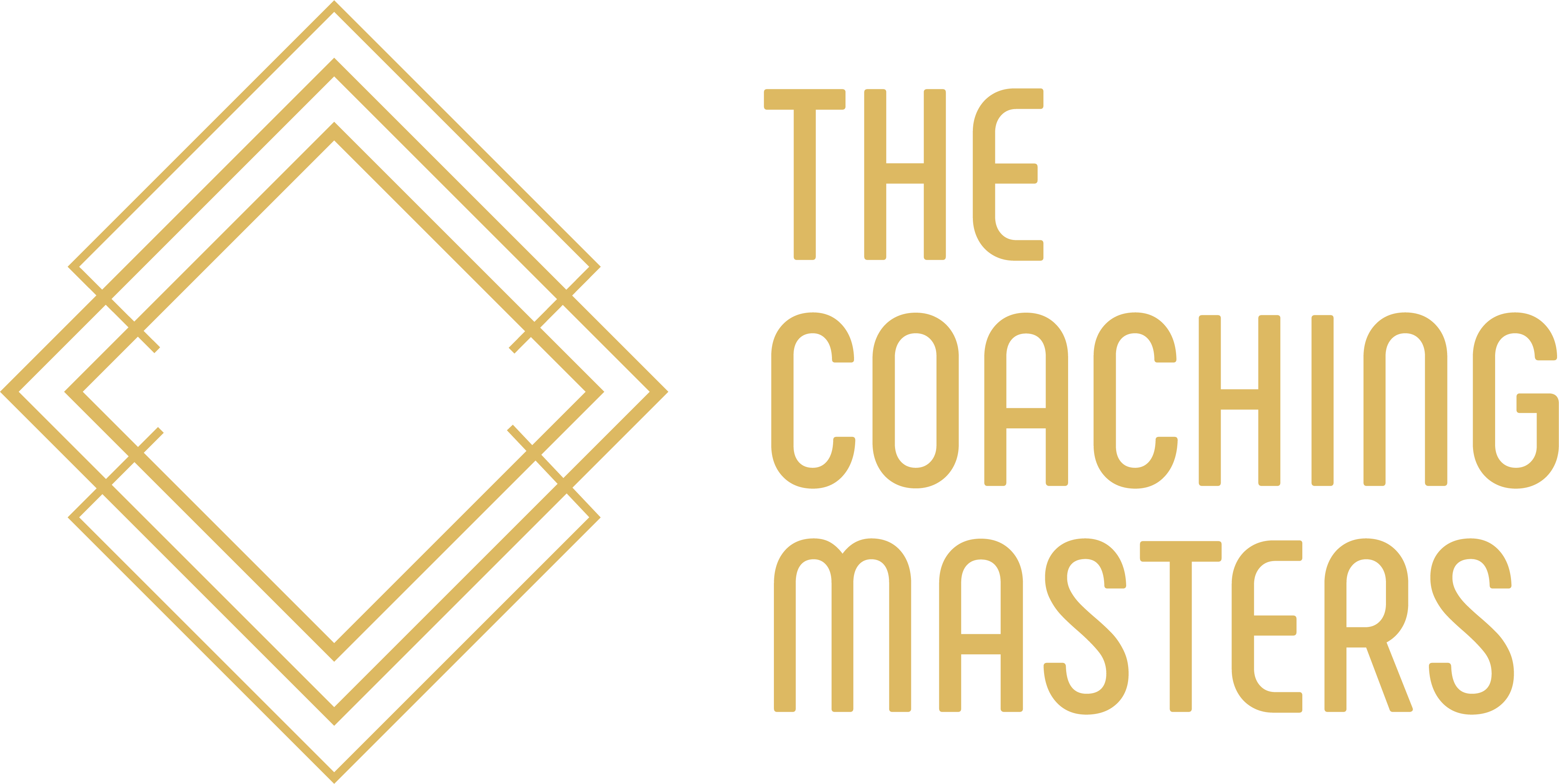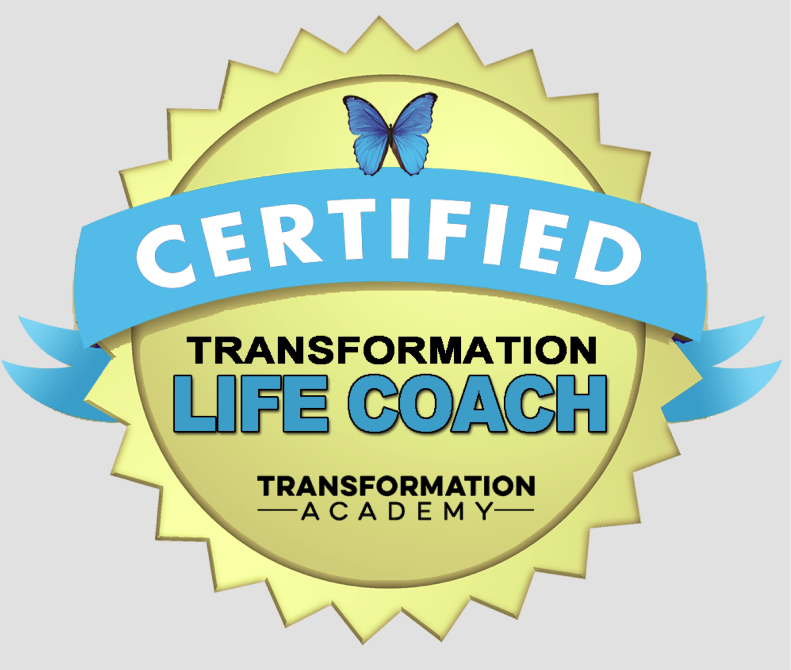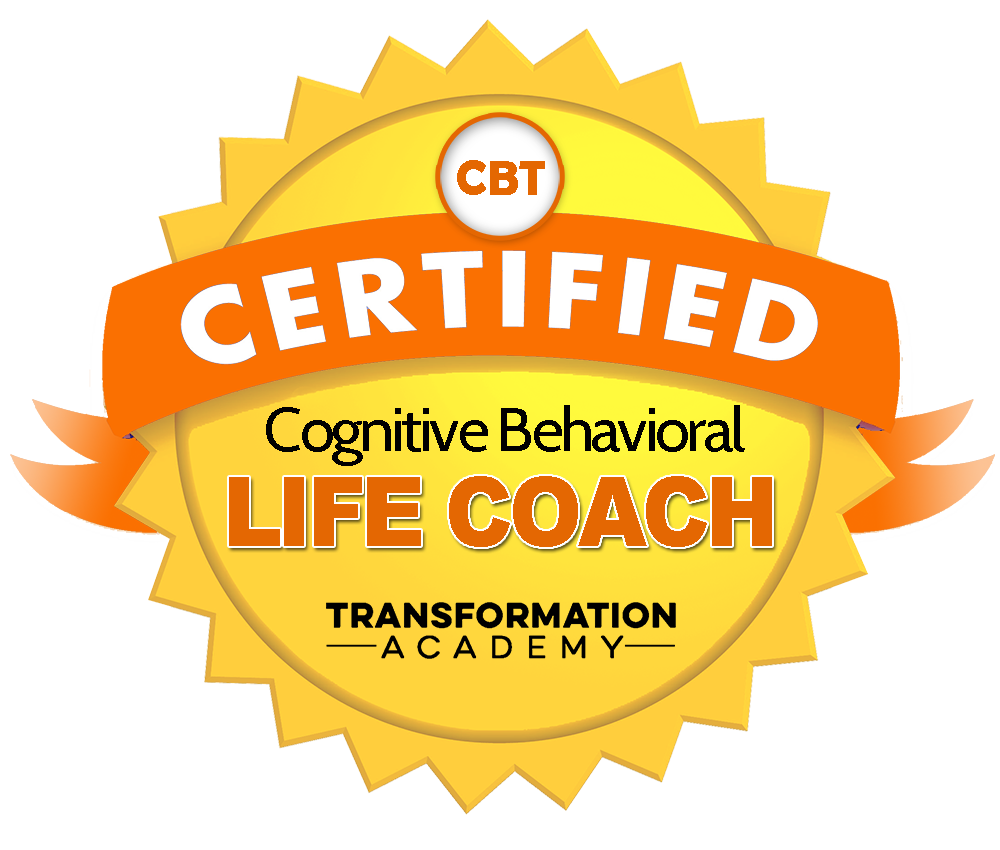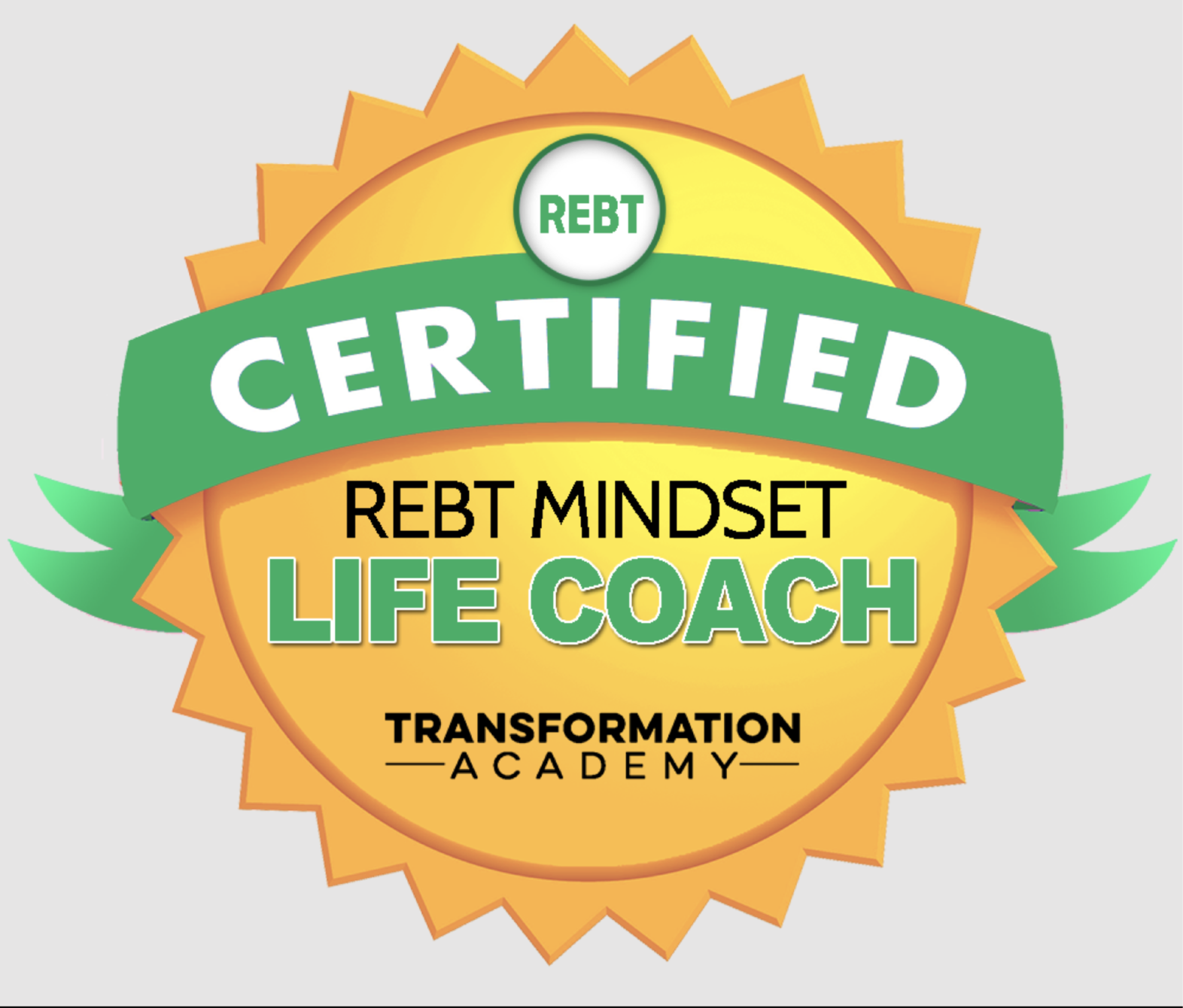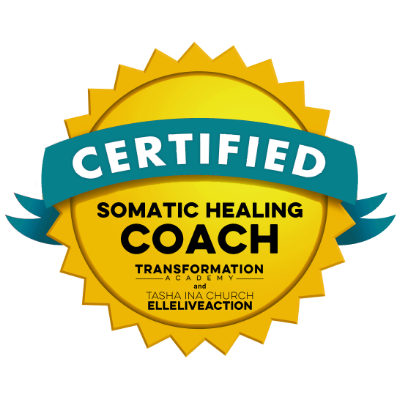Early Signs Of Autism
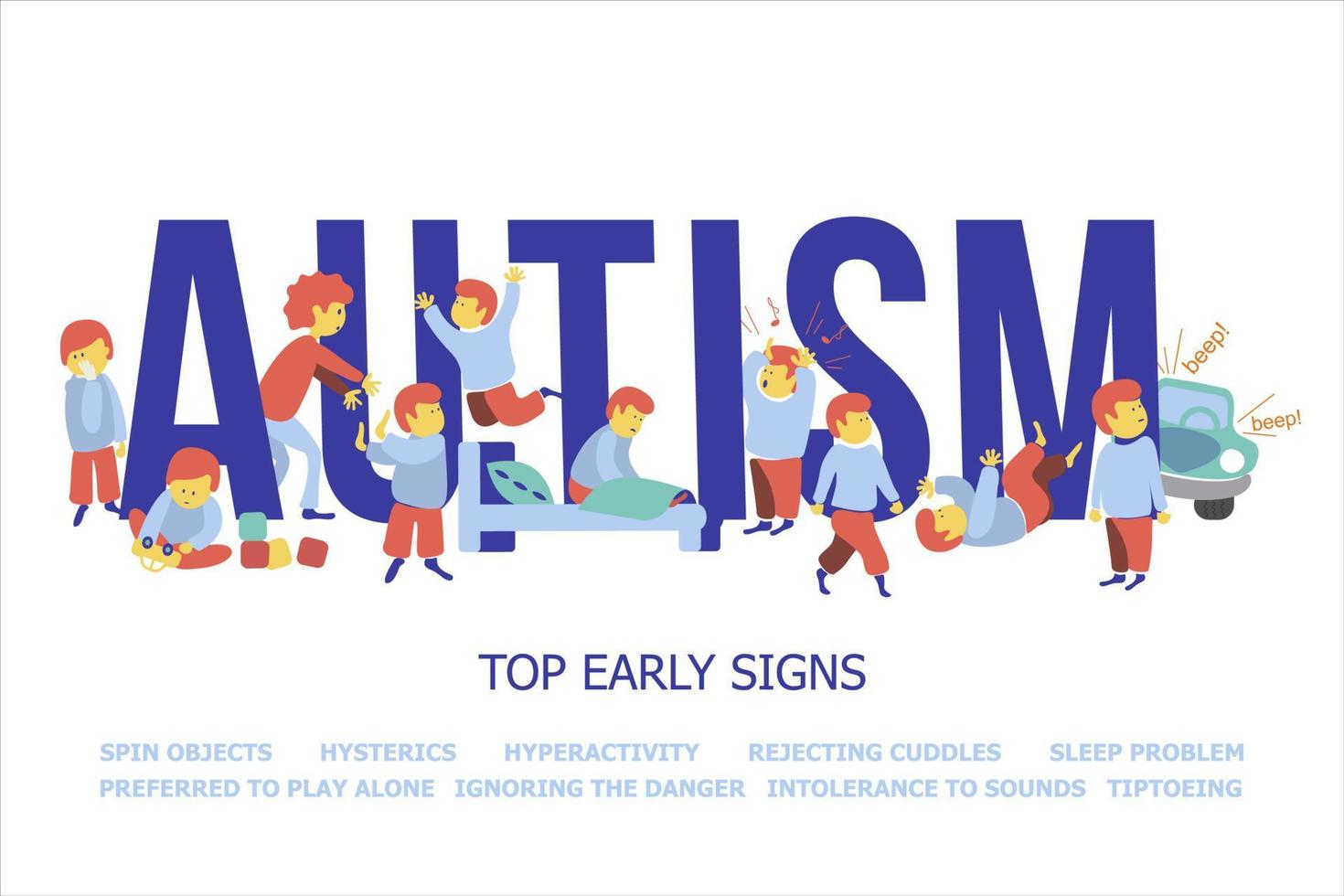
The first signs of autism occur during early infancy and the disorder is usually diagnosed by the age of three. The autistic symptoms vary from one patient to another, from mild to severe.
The first warning sign is an abnormal response to stimuli such as light or sound. Noises may appear painful to the child, smells are overwhelmingly strong and touches are painful. Loud noises and very bright lights trigger what is termed a "meltdown".
Autistic children are indifferent to their surroundings and are satisfied with playing and being alone. They show no real interest in toys and are usually uninterested in interacting with others.
Patients with high-functioning autism manage to develop some communication skills In some instances, words or phrases are used repetitively (echolalia) and their speech patterns often lack expression or intonation.
Resisting changes in their routine or repeating an action over and over is a part of their daily behavior. In severe distress situations, these children often engage in self-injurious actions like biting or scratching themselves or banging their heads.
Warning signs in small children include rejection of touch, frequent behavioral outbursts, inexplicable attachment to some object, and disinterest in others. Autistic children cannot maintain actual eye contact, they do not fear danger and they show an under-sensitivity towards pain.
Despite all the efforts of parents and teachers, autistic children do not respond to normal teaching methods and verbal clues. They may give the impression of being deaf despite their normally developed hearing sense.
Signs and symptoms of autism increase in severity during teenage years but seem to decrease during adulthood.
With all the recent publicity of Autism in the news you might be wondering what are the signs of Autism. Here is a list of signs that can be associated with Autism. If you see these signs in your child speak to their doctor about having them evaluated. The sooner that Autism is discovered the better the chances are at treating it.
1. Does not reach developmental milestones on time. Each child develops differently. Some children will crawl at four months while others will not until they are several months older. This can be perfectly normal. The problem starts when every milestone is much later than usual. If your child is not meeting the developmental stages talk with their doctor.
2. The child does not talk. Children learn to talk at different ages. Some will start talking very young while others will start blurting out whole sentences one day. This can be very normal. However, if your child does not have any babbling type talk by the age of one this could be a cause for concern. Most children will say some words by the time they are sixteen months old. If your child is not ask their doctor if they think an evaluation is necessary.
3. No eye contact. Most babies and children will look at you when you talk to them. Autistic children will often not give you eye contact. It will appear they are looking off into a daze instead of paying attention to you. They will not point to objects. They will not look at something you are trying to show them. Instead, they look past it.
4. The child does not show emotion. Autistic children often do not show any emotion. They do not smile back when a person smiles at them. They do not show any care when someone around them is expressing pain, or crying. The Autistic child does not usually like to be held or cuddled. They will not reach up for their parents to hold them.
5. Likes to play by themself. The Autistic child usually will play alone. They feel more comfortable being by themself. They have a hard time making friends. They do not know how to relate to other kids. They do not understand when another child is joking with them. They take everything said to them literally.
6. The child loses skills they knew. The child may have learned to talk and then it seems as if they forgot how. They can learn a new skill and then a week later have no idea how to do it. Autistic children often lose skills they have learned.
These are just a few of the signs of Autism. If you notice any of them in your children talk to their doctor. All children with Autism will not have every sign. Getting them diagnosed as soon as possible will allow treatment to begin sooner. Getting your child evaluated as soon as you suspect a problem is very important. Even if there is nothing wrong it is better to be safe. The earlier treatment can be started the better for the child.
Recent strides in treatment have made it possible for many autistic children to improve the quality of their lives dramatically.
Click the link below to book your free clarity call or free virtual coffee chat.
Grab a copy of our newletter by completing the form below, this will then be sent to your inbox every month.
My Affirmation For The Week
"Creativity is contagious. Pass it on."
